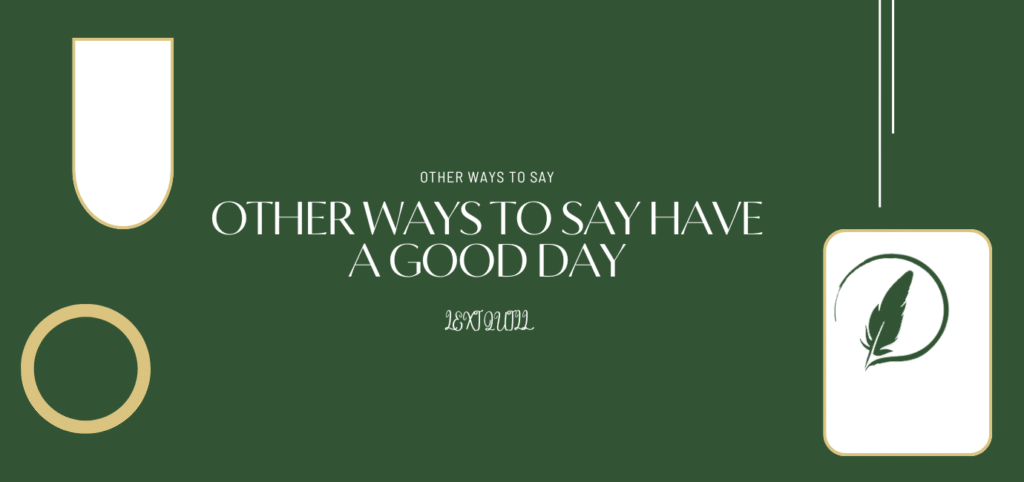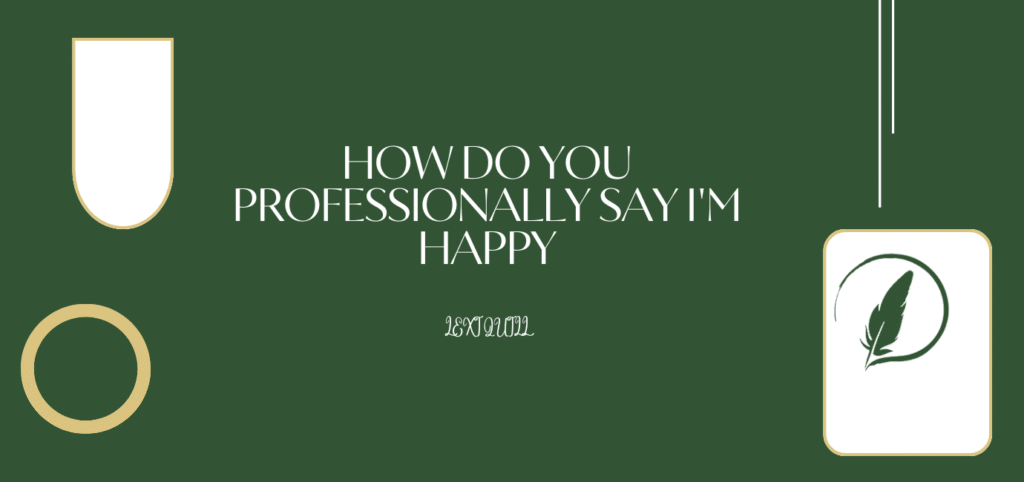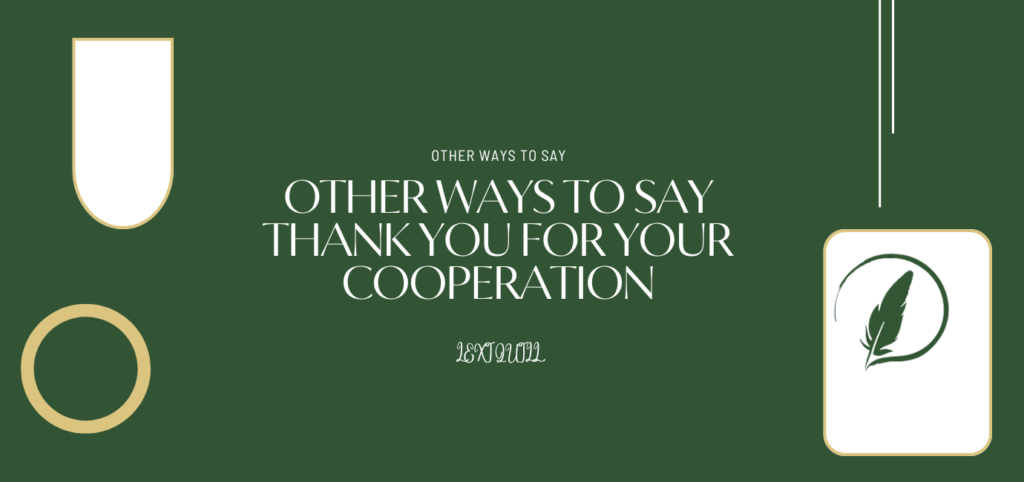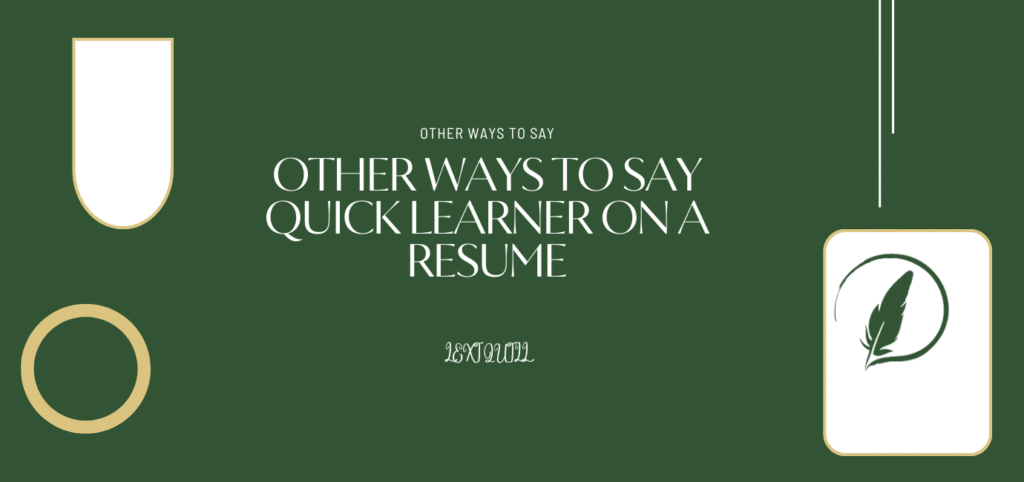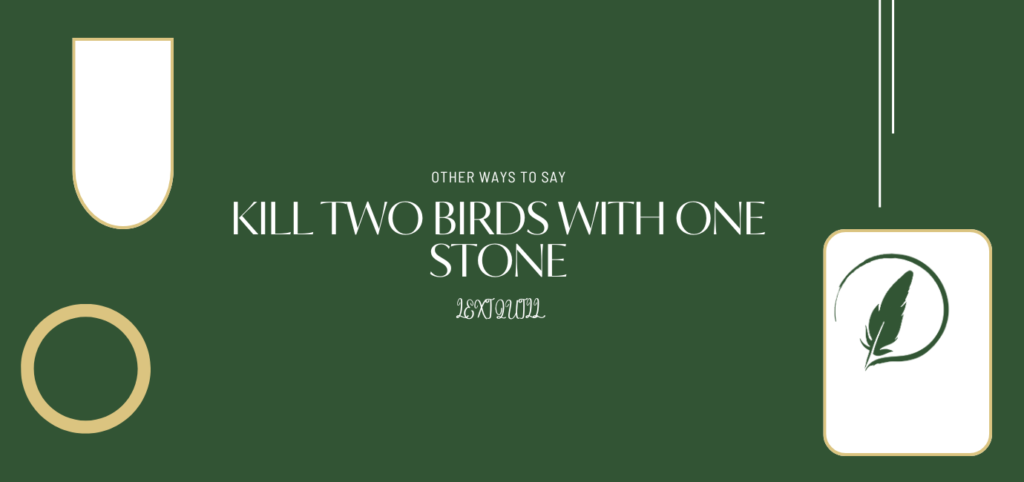Whether you’re attending a business meeting, networking event, or even just working alongside colleagues, the way you express yourself can significantly impact how you’re perceived. Professional communication is more than avoiding slang—it’s about conveying your needs and thoughts with clarity, courtesy, and confidence.
A surprisingly common everyday phrase—“I’m thirsty”—might seem harmless, but in professional environments, it can sound overly casual or even inappropriate depending on the context. In this article, we’ll explore how to professionally say “I’m thirsty”, equipping you with polished alternatives that suit various professional settings.
By choosing more business-appropriate expressions, you not only sound more refined but also avoid coming off as too informal or disengaged in moments that require attentiveness.
Option 1: “Would You Mind If I Got Some Water?” – A Courteous and Considerate Approach
This phrase is both polite and context-aware, making it ideal for use during meetings or interviews when you don’t want to interrupt the flow of conversation.
Nuance:
This alternative frames your need in the form of a polite question, showing respect for others’ time and focus.
Appropriate Context:
Use this when you’re part of a meeting or discussion and need a subtle way to excuse yourself for a drink.
Example Sentence:
“Would you mind if I got some water before we continue?”
Related business synonyms: “Would it be alright if I stepped out briefly?” or “May I excuse myself for a moment?”
Option 2: “I’ll Just Step Out for a Moment to Get Some Water” – Confident and Self-Aware
This version communicates your need clearly while signaling that you’re taking personal responsibility without requiring permission.
Nuance:
It’s direct yet polite, and suggests a brief absence without disrupting the group dynamic.
Appropriate Context:
Best used in group settings or presentations where you want to acknowledge your temporary departure while maintaining professionalism.
Example Sentence:
“I’ll just step out for a moment to get some water—please continue.”
Professional synonyms: “I’ll be right back” or “Excuse me briefly.”
Option 3: “Could We Take a Quick Break?” – Strategic and Collaborative
This option goes beyond your individual need and proposes a break that may benefit everyone involved.
Nuance:
This phrase reflects situational awareness and tact—it shifts from personal need to group welfare.
Appropriate Context:
Use during longer meetings or collaborative sessions when a pause might be mutually appreciated.
Example Sentence:
“Could we take a quick break? I’d like to grab some water.”
Business synonym: “Would now be a good time for a short pause?”
Option 4: “I’m Stepping Away Briefly for Refreshments” – Polished and Professional
This elegant phrase removes any mention of thirst while still communicating your intent.
Nuance:
By using the word “refreshments,” you imply a need for a drink (or possibly a snack) without focusing on your physical need.
Appropriate Context:
Great for emails, virtual meetings, or professional networking events where decorum is valued.
Example Sentence:
“I’m stepping away briefly for refreshments—please continue, and I’ll be right back.”
Related professional terms: “Taking a quick refreshment break” or “Stepping out momentarily.”
Option 5: “Would Anyone Like Water Before We Continue?” – Inclusive and Team-Oriented
This alternative demonstrates leadership and empathy while also addressing your own need.
Nuance:
By including others in your request, you foster a collaborative tone and show attentiveness to the group’s comfort.
Appropriate Context:
Useful in small meetings or team settings where you’re in a leadership or facilitative role.
Example Sentence:
“Would anyone like water before we continue with the next topic?”
Business synonym: “Let’s take a brief refreshment break.”
Option 6: “May I Grab a Glass of Water Before We Proceed?” – Polite and Formal
This version maintains a respectful tone, making it suitable for high-stakes meetings or conversations with superiors.
Nuance:
By using “may I,” this phrase strikes a balance between formality and personal expression.
Appropriate Context:
Ideal for client meetings, boardroom discussions, or any setting where hierarchy and etiquette matter.
Example Sentence:
“May I grab a glass of water before we proceed?”
Professional synonyms: “Would it be alright to take a brief pause?” or “Is now a good time for a short intermission?”
Why Replacing Casual Language Matters in Business Communication
Professional language helps establish your credibility, especially in high-stakes or first-impression situations. Swapping everyday phrases like “I’m thirsty” with more polished alternatives shows emotional intelligence, respect for your audience, and an ability to adapt your communication style.
Benefits include:
- Improved clarity and tone
- Stronger professional relationships
- Enhanced perception of leadership and poise
- Avoidance of unintentional informality
Whether you’re a student entering the workforce or a seasoned professional, mastering these small shifts can have a lasting impact on your career growth and workplace reputation.
Conclusion:
Learning how to professionally say “I’m thirsty” is more than a matter of etiquette—it’s a sign of maturity, self-awareness, and effective communication. By using alternatives like “Would you mind if I got some water?” or “May I grab a glass of water before we proceed?”, you not only meet your needs but also maintain a polished, professional image.
Next time you find yourself reaching for an everyday phrase, consider one of these professional synonyms for “I’m thirsty” to elevate your expression.
Start incorporating these phrases into your communication today to strengthen your workplace presence and interpersonal impact.


